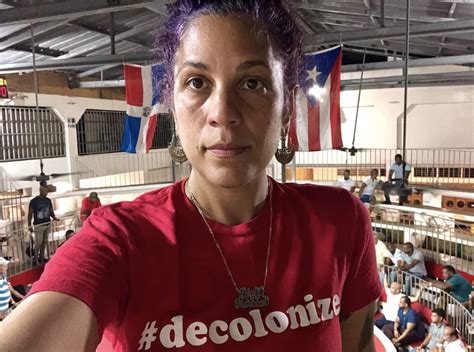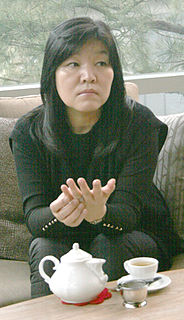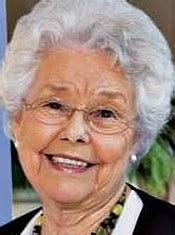A Quote by Michaela Angela Davis
Defining oneself is a revolutionary act, and, as described in her memoir, Janet Mock fiercely fought to free herself with exquisite bravery and sensitivity. Redefining Realness is full of hope, dreams, and determination. It is a true American girl story.
Related Quotes
Janet Mock's honest and sometimes searing journey is a rare and important look into la vida liminal, one that she manages to negotiate remarkably well, with grace, humor, and fierce grit. Mock doesn't only redefine what realness means to her, but challenges us to rethink our own perceptions of gender and sexuality, feminism and sisterhood, making this book a transcendent piece of American literature.
The girl had a certain nobleness of imagination, which rendered her a good many services and played her a great many tricks. She spent half her time in thinking of beauty, bravery, magnanimity; she had a fixed determination to regard the world as a place of brightness, of free expansion, of irresistible action, she thought it would be detestable to be afraid or ashamed. She had an infinite hope that she would never do anything wrong. She had resented so strongly, after discovering them, her mere errors of feeling.
Yet there were times when he did love her with all the kindness she demanded, and how was she to know what were those times? Alone she raged against his cheerfulness and put herself at the mercy of her own love and longed to be free of it because it made her less than he and dependent on him. But how could she be free of chains she had put upon herself? Her soul was all tempest. The dreams she had once had of her life were dead. She was in prison in the house. And yet who was her jailer except herself?
One of the most unfortunate things I see when identifying youth players is the girl who is told over the years how great she is. By the time she's a high school freshman, she starts to believe it. By her senior year, she's fizzled out. Then there's her counterpart: the girl waiting in the wings who quietly and with determination decides she's going to make something of herself. Invariably, this humble, hardworking girl is the one who becomes the real player.
The bravery founded upon the hope of recompense, upon the fear of punishment, upon the experience of success, upon rage, upon ignorance of dangers, is common bravery, and does not merit the name. True bravery proposes a just end, measures the dangers, and, if it is necessary, the affront, with coldness.
...I have so many dreams of my own, and I remember things from my childhood, from when I was a girl and a young woman, and I haven't forgotten a thing. So why did we think of Mom as a mom from the very beginning? She didn't have the opportunity to pursue her dreams, and all by herself, faced everything the era dealt her, poverty and sadness, and she couldn't do anything about her very bad lot in life other than suffer through it and get beyond it and live her life to the very best of her ability, giving her body and her heart to it completely. Why did I never give a thought to Mom's dreams?
I knew she was a party girl. The book I liked most on her was called [princess] Margaret: A Life of Contrasts and getting to know her, it was how conflicted her position and her internal life - or self - was. She is so fiercely royal and so fiercely "sister of the queen" or "daughter of the king" because that is her identity and it's all she's ever known. And at the same time she is struggling to push the boundaries and to break away from it, to be different or to modernize the monarchy, to turn it on its head.
Do you know, we're right underneath Springtime Parish? This place is the opposite of springtime. Everything past prime, boarded up for the season. Just above us, the light shines golden on daffodils full of rainwine and heartgrass and a terrible, wicked, sad girl I can't get back to. I don't even know if I want to. Do I want to be her again? Or do I want to be free? I come here to think about that. To be near her and consider it. I think I shall never be free. I think I traded my freedom for a better story. It was a better story, even if the ending needed work.
For a woman ... to explore and express the fullness of her sexuality, her ambitions, her emotional and intellectual capacities, her social duties, her tender virtues, would entail who knows what risks and who knows what truly revolutionary alteration to the social conditions that demean and constrain her. Or she may go on trying to fit herself into the order of the world and thereby consign herself forever to the bondage of some stereotype of normal femininity - a perversion, if you will.






































